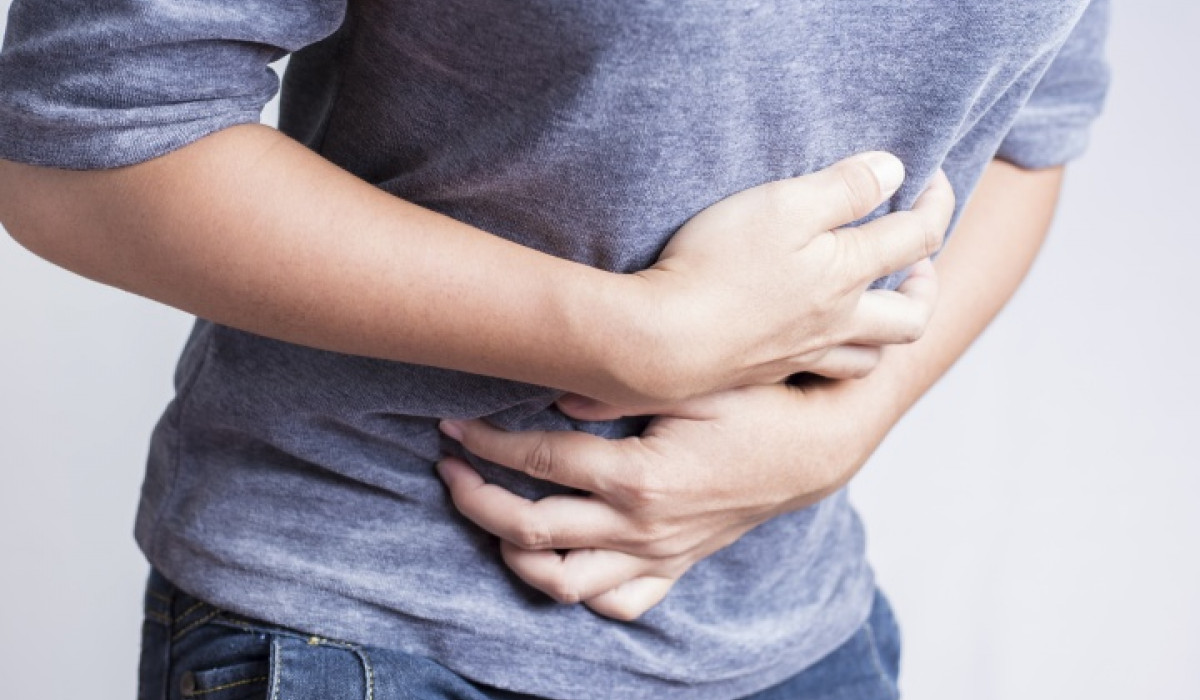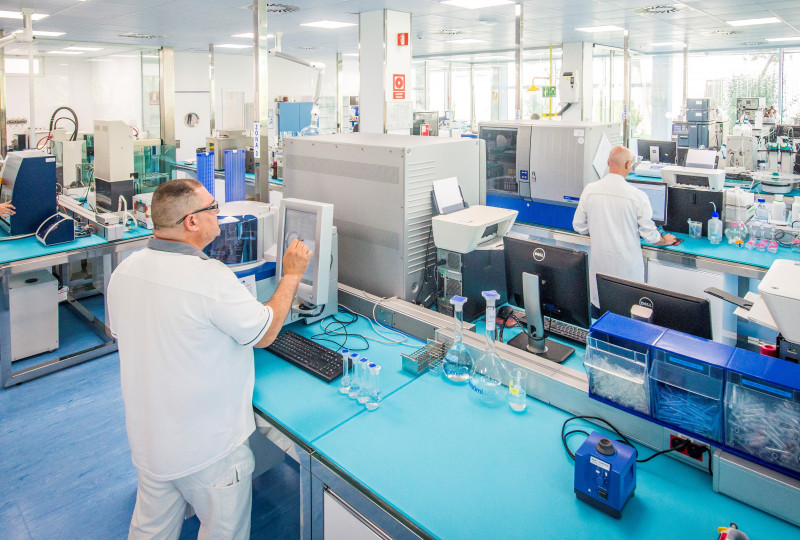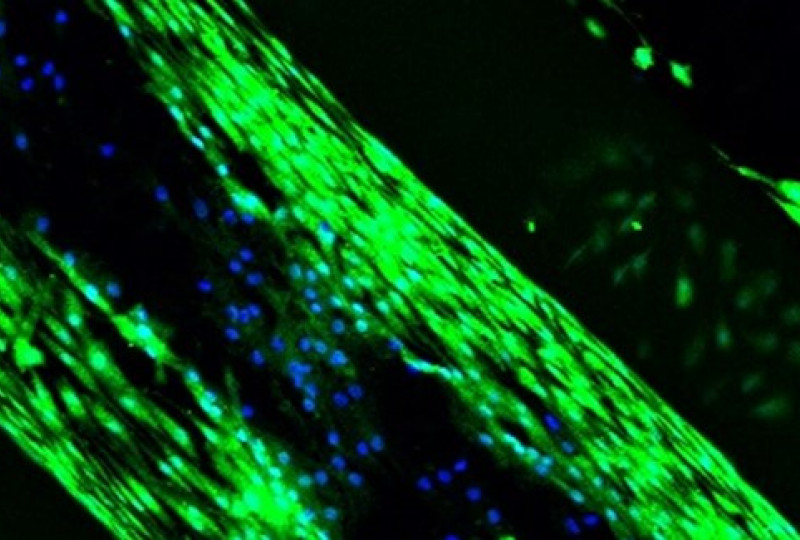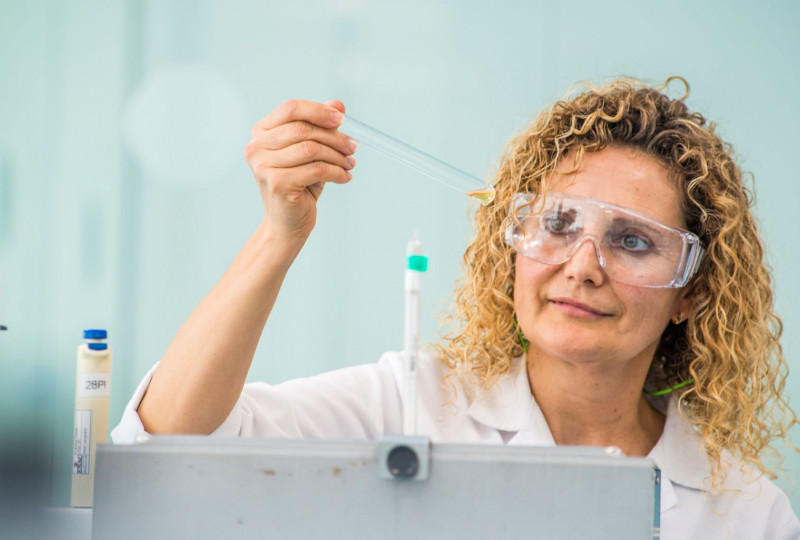Tailored nutrition will give Irritable Bowel Syndrome patients better quality of life
- How can diet improve the quality of life of patients with irritable bowel syndrome (IBS)? This question, central to the public-private partnership (PPP) launched in early April, will be investigated by seven international partners, among which is Bioiberica
- The results will provide a scientific basis for the development of foods and supplements to relieve the symptoms of IBS

More than one in seven people suffers from irritable bowel syndrome (IBS), with symptoms such as abdominal cramping, bloating and abnormal bowel movements. Currently there is no cure for the condition. "Physicians often prescribe medications and give dietary and lifestyle advice, but are really just trying something out to see if it works for that patient”, says Nicole de Wit, bowel physiologist and researcher at Wageningen Food & Biobased Research. "There are large differences between patients, in terms of age, lifestyle and especially in the symptoms they report. Moreover, the exact cause of IBS symptoms is still unclear."
The gut, immune system and microbiota
"Patients often report that significantly changing their diet helps relieve their symptoms," says Ben Witteman, doctor of gastroenterology at Ziekenhuis Gelderse Vallei (Gelderse Vallei Hospital in Ede, the Netherlands) and Associate Professor at Wageningen University & Research. "For example, one might benefit from a high-fibre diet with plenty of fruits, vegetables and whole grains, while the other will feel better only if he/she switches to a gluten-free diet.”
Significant public private partnership
The PPP aims to identify what (combinations of) foods are most effective in relieving symptoms, and in which groups of IBS patients. It will also investigate how foods interact with the intestine, the immune system and the intestinal microbiota. The researchers are working with advanced in-vitro models, including SHIME (Simulator of the Human Intestinal Microbial Ecosystem). The most promising dietary components will be tested in a clinical study with IBS patients. In addition to pre- and probiotics a range of bioactive components from milk will be used.
Targeted development of food products
"The insights from our project will enable manufacturers to develop mechanistic-based products, targeted at particular groups of IBS patients," says immunologist Coen Govers, researcher at Wageningen Food & Biobased Research. "Health professionals will be able to use this new data to create tailor-made treatments for their patients." Within four years, PPP partners aim to have a prototype of a supplement or food ready, which should substantially improve the quality of life of IBS patients.
Additional partners wanted
The PPP currently has seven partners: Wageningen University & Research, Winclove Probiotics, Bioibérica, Ingredia, Jiangsu wecare-bio technology, Ingredion Incorporated and Roquette Group, and is open to two more partners bringing complementary knowledge and expertise. The PPP will run till 2020 and is co-financed by the Top Sector Agriculture & Food.
Related News
- The company maintains, for another year, the "Good” rating
- The papers describe the use of various raw materials in cell regeneration and their regulatory aspects
- The Profarma committee released their ratings for the pharmaceutical sector firms
- Bioiberica keeps the “good” rating within the A Group (those companies with significant research activity and having their own production plant or basic/pre-clinical R&D center)


